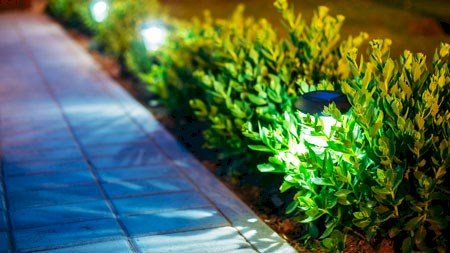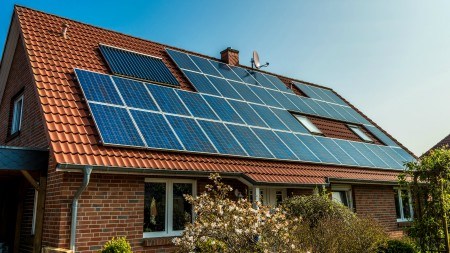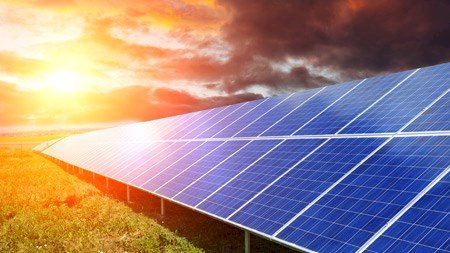As South Africa struggles with an ongoing energy crisis, inefficiency and waste still occur across the board. You can do your bit to cut electricity usage, and save some cash in the process.
Over the past decade, South Africa has experienced significant growth across the spectrum. While positive in many respects, growth comes at a price. In South Africa’s case, energy has proven the dearest commodity in respect of this growth ‘barter’.
In the past, electricity was cheap and plentiful. This bred a certain degree of complacency with regards to energy usage, which, when coupled with the country’s swift expansion, lack of appropriate energy infrastructure maintenance and new energy development, placed strain on its energy resources. This energy shortfall first became manifest in 2006 and continued through to 2008 when rolling blackouts became the norm. Today, almost daily load shedding is once again the status quo and the cost of electricity is scheduled to increase soon.
In a nutshell, South Africa is in the throes of an energy crisis yet inefficiency and waste still occur across the board. Although the fate of the country’s broader energy scenario lies largely in the hands of the powers that be, there are things that you can do to alleviate strain on the grid and save money almost immediately. Quick and obvious interventions such as replacing inefficient electrical products and behaviour modification are two paths which can be pursued.
Lighting:
Replace traditional (incandescent) light bulbs with Compact Fluorescent Light bulbs (CFL’s). Although more expensive, CFL’s pay for themselves by saving energy over their lifetime
Use timer devices on plug sockets to switch lamps on and off for set periods
Install motion detector lights for exterior lighting
Geyser:
Install a timer that switches the geyser on and off according to the times you specify. This will prevent water heating when not necessary. It is not true that regularly switching a geyser on and off damages the thermostat nor that more electricity is used if a geyser is switched on and off compared to leaving it on constantly
Buy a geyser blanket. Up to 21% electricity can be saved by using a geyser blanket
Vertical geysers are more energy efficient than those placed horizontally
Stove/oven:
A microwave is cheaper to use than a stove
Ensure the rubber seal of the oven door is in good condition and that the door closes properly
Consider replacing your electric oven and hob with a more efficient LPG gas model
Swimming pool pump:
Swimming pool pumps use up to 20% of the total electricity used in the home. Simply reduce the time interval for running the pump to save electricity
Use a pool cover. This will keep the pool cleaner, resulting in fewer backwashes and less strain on the pump
Behavioural:
Match the size of your pots with the size of the stove plate/element
Make sure that the bottom of the pot has good contact with the stove plate and is not warped or uneven
Make the most of natural light
Clean/backwash your pool filter regularly and remove foreign materials from the strainer basket
Set the temperature thermostat of the geyser to 60 oC. The higher the temperature the more energy is consumed
Boil water in a kettle instead of heating up water in a pot on the stove
Soak beans, lentils and samp in cold water over night. This will save cooking time and therefore energy and money
Don’t cook food for longer than necessary
Take a five minute shower instead of a bath
When washing up, fill the sink with warm, soapy water instead of letting the hot water run whilst washing items individually
When washing your hands, use the cold water tap only
As industry and domestic users face the reality of escalating energy costs and power outages, a valuable lesson emerges: don’t ignore the small things. Collectively they can make a difference which can substantially offset the inevitably higher price of future power and the possibility of power outages.



